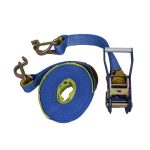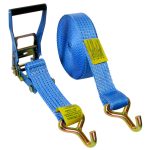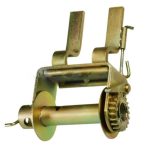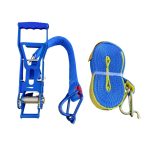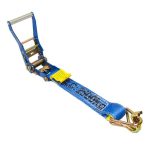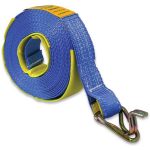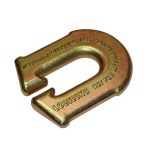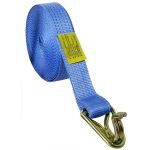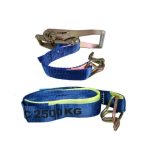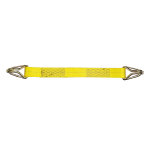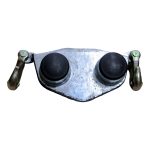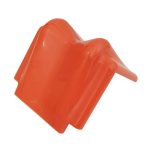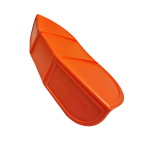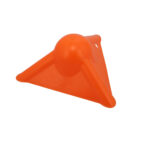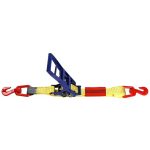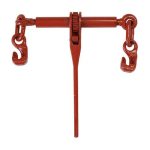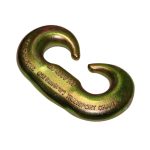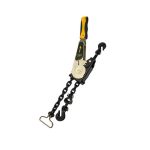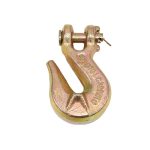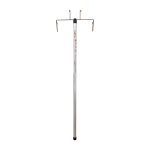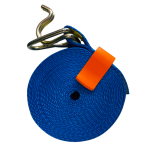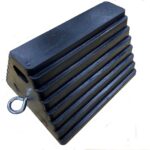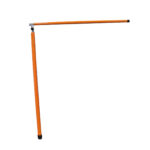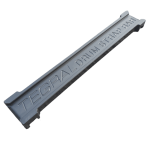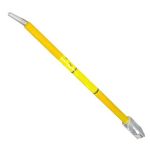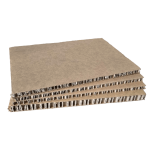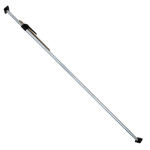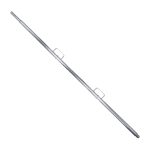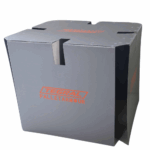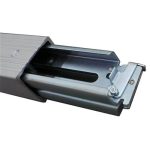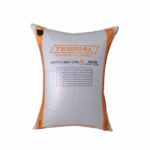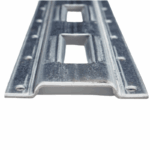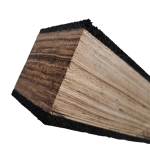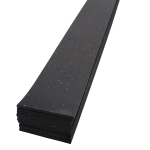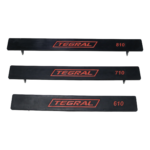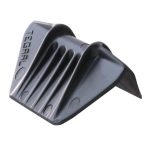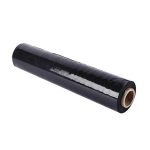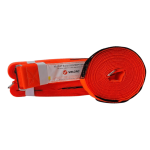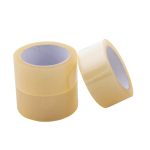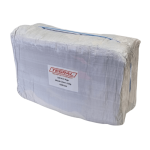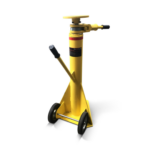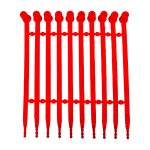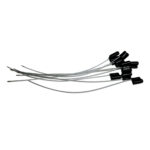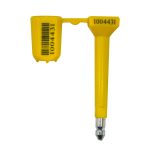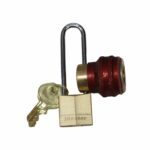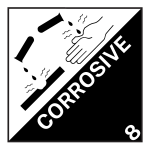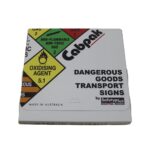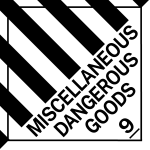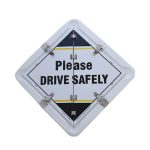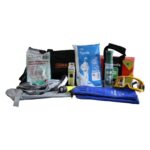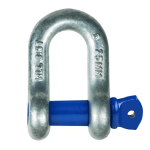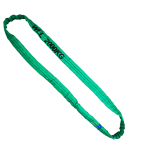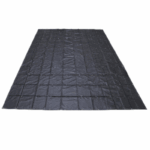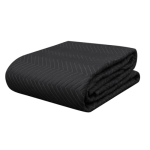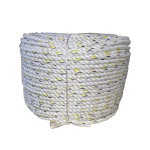Ratchet straps are indispensable for securing loads safely, efficiently, and in compliance with safety standards. They face tough conditions on the road—weather, friction, and heavy loads—which can lead to wear and tear. However, with the right care and practices, you can definitely make ratchet straps last longer.
Here’s a detailed guide packed with actionable tips to help you maximise the longevity of your ratchet straps.
1. Inspect Your Ratchet Straps Regularly
Why Regular Inspections Matter
Small issues like frayed webbing or damaged hardware can quickly compromise the integrity of your straps, leading to potential load failure. The load restraint guide dictates that if the webbing has a rip in it of 10% or more, then it’s time to replace the strap (NHVR 2018).
What to Look For
- Webbing: Check for fraying, cuts, or excessive wear.
- Stitching: Look for loose or broken threads.
- Hardware: Inspect the ratchet and hooks for rust, bends, or deformation.
- Labels: Ensure the Working Load Limit (WLL) tag is intact and legible.
Inspection Frequency
Perform a quick inspection before and after each use, with a more thorough check monthly for straps used frequently.
2. Keep Your Straps Clean
Why Cleaning Matters
Dirt, oil, and chemicals can degrade the material over time, reducing its strength and flexibility.
How to Clean Your Straps
- Use a mild soap and warm water to remove dirt and debris.
- Avoid harsh chemicals or solvents that can weaken polyester fibers.
- Gently scrub the straps with a soft-bristled brush if needed.
- Rinse thoroughly and air dry completely before storing.
Pro Tip
Never use a washing machine or dryer, as these can damage the webbing.
3. Store Them Properly
Why Storage Matters
Improper storage exposes straps to moisture, UV rays, and contaminants, all of which can weaken them.
Storage Tips
- Roll Straps Neatly: Prevent tangles and kinks by rolling straps neatly with a strap winder.
- Choose a Dry, Cool Place: Avoid areas exposed to direct sunlight or dampness.
- Use Storage Bags or Containers: Keep straps clean and organised by storing them in a designated bag or box.
4. Avoid Overloading
Why It’s Critical
Using straps beyond their Working Load Limit (WLL) compromises their integrity and safety.
How to Avoid Overloading
- Always check the WLL on the label before use.
- Use multiple straps if needed to distribute the load’s weight evenly.
Pro Tip
If the label is missing or unreadable, retire the strap and replace it with one that has clear specifications.
5. Protect Against Abrasion
Why Abrasion is a Problem
Friction from sharp edges or rough surfaces can wear down the webbing and lead to failure.
How to Prevent It
- Use pallet angles or strap angles to shield the strap from sharp or abrasive surfaces.
- Ensure straps are positioned to avoid constant rubbing during transit.
Pro Tip
For heavy-duty loads, invest in wear sleeves or reinforced straps for added protection.
6. Shield Straps from UV and Weather Damage
Why Sunlight and Weather Matter
Prolonged UV exposure can weaken the polyester fibers, while extreme weather conditions can degrade the material.
How to Protect Your Straps
- Store straps away from direct sunlight when not in use.
- Use weather-resistant or UV-treated straps for outdoor applications.
7. Maintain the Ratchet Mechanism
Why Maintenance Matters
A well-functioning ratchet mechanism ensures ease of use and prevents undue strain on the strap.
How to Maintain It
- Lubricate the moving parts of the ratchet with light machine oil.
- Wipe away any excess oil to prevent dirt build-up.
- Check for rust or wear, and address these issues promptly.
8. Replace Worn or Damaged Straps Immediately
Why Replacement is Non-Negotiable
Using a damaged strap puts your load and safety at risk.
When to Replace
- Webbing has visible cuts, tears, or heavy fraying.
- Ratchet mechanism is bent or no longer works smoothly.
- The WLL tag is missing or illegible.
Bonus Tips for Longevity
- Rotate Your Straps: If you use multiple straps, rotate them to ensure even wear and tear.
- Invest in High-Quality Straps: Cheaper straps might save money upfront but often wear out faster.
- Educate Your Team: Ensure everyone handling straps knows how to use, inspect, and store them correctly.
Try some of our tips to make ratchet straps last longer!




